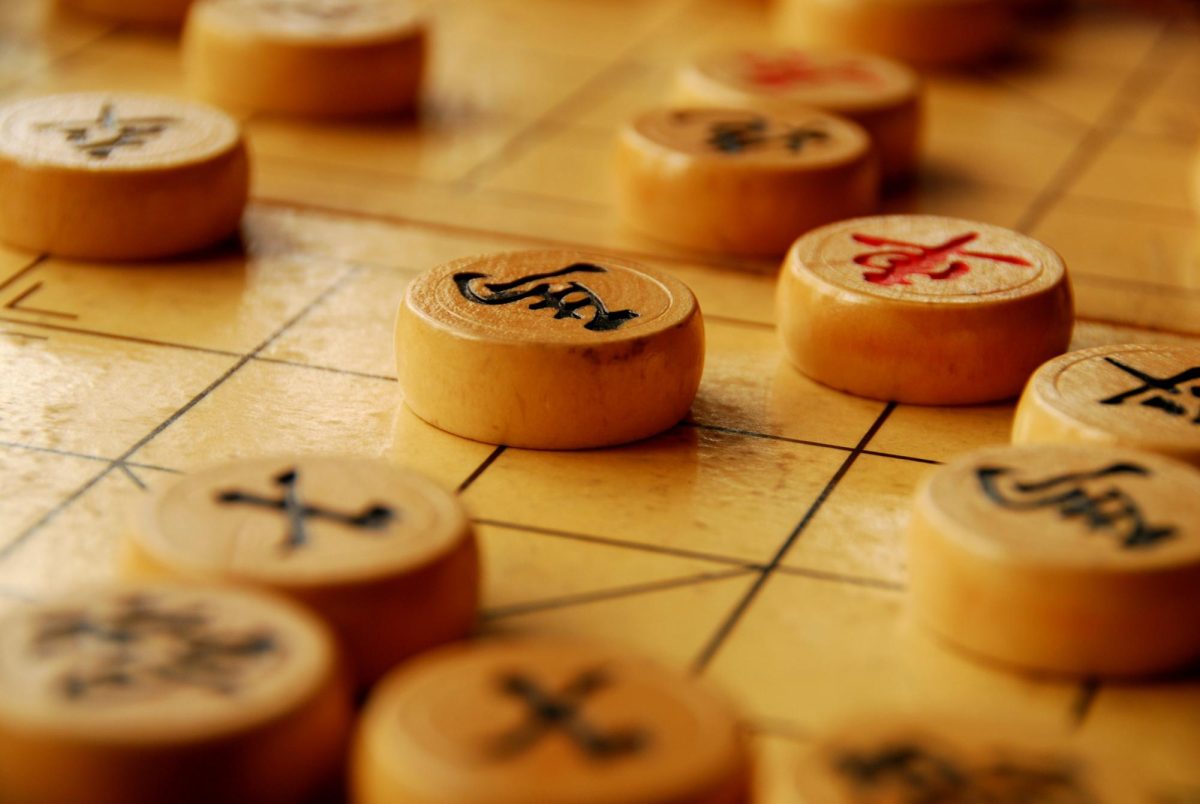As a result of major corruption scandals, 41 Chinese chess players have been punished. This is the latest development in an integrity crisis for one of China’s most beloved board games.
Chinese chess, or xiangqi, as it is called in Chinese, has been a staple of Chinese culture for centuries and a classic two-player game in which one player tries to checkmate the other. However, in recent times, the board game has come under scrutiny as several of the top Chinese chess players have been handed lifetime bans or have had their grandmaster titles revoked due to illegal conduct.
According to the Global Times, the Chinese Xiangqi Association (CXA) has stated that 41 individuals have engaged in illegal activities such as bribery and match-fixing. The most severe punishments were inflicted on players Wang Yang, Zhao Xinxin, and Zheng Weitong, who had their grandmaster titles revoked and were banned for life.
This isn’t the first time that the CXA has punished players, regardless of their prominence. Last September, Wang Tianyi and Wang Yuefei were also banned for life. Wang Tianyi, often referred to as “The Magnus Carlsen of Xiangqi” due to his decade-long dominance at both the national and international levels, saw his reputation tarnished by a scandal called “Recording Gate.” Video leaks between Yuefei and another player revealed how the two were discussing match-fixing and referring to Tianyi. An investigation led by the CXA revealed that Tianyi had accepted money worth about $110,000 USD from bribes.
A reason cited for the corruption taking place in Chinese chess is the temptation of monetary benefits and public exposure, a problem not limited to Chinese chess alone. “The huge temptation of benefit for a high-ranking player to maintain his place and for a lower-ranked player to earn more money was too big to refuse sometimes in a game,” said Cai Yi, a lawyer and former Chinese chess player. The high prestige of the game has enticed many players to disregard the rules, prompting many to suggest that stricter regulations may need to be in place in the future.
Instances of match-fixing and other forms of corruption are prevalent in many competitions and sports games around the world, and Chinese chess is no different. However, moving forward, it becomes clear that this issue needs to be addressed in Chinese chess in particular in order to restore a playing environment that is both safe and fair.














































































































































